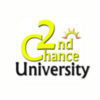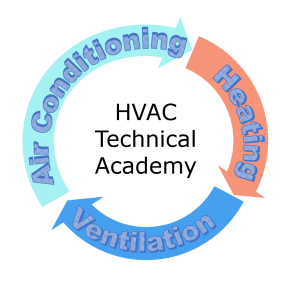“What do I do After a Job Interview?”

If I could count the amount of times I’ve heard this question, I’d, well, need to do a lot of counting. It seems job applicants are so focused on every aspect of the interview that they don’t have a follow-up plan for once the meeting ends.
If you’re reading this and wondering, “I need to do things after an interview?” pour a morning cup of coffee and settle in. This is going to be a very informative read.
Let’s role-play for a quick second. If someone took time out of their busy schedule to do you a favor, what would you naturally do? I’ll presume you were reared with manners and answered, “I would thank them.” The same applies for job interviews. By taking time out of their busy schedule to conduct an interview, hiring managers and employers are doing you a favor–never the other way around. You need them, they don’t necessarily need you.
Back to role-playing… how would you thank them? Probably with a phone call or email, correct? Yes, right again. But in this case we’re trying to get a job by putting our name out there. Friends or family members may remember your phone call or email but employers are busy people that communicate with hundreds if not thousands on a daily basis. So how do you stay on their minds knowing that piece of information? The answers is quite archaic but, trust me, it works.
Career tip #1: A well-written letter after an interview can make a positive impact, placing you at an advantage.
Why a hand-written letter? Let’s think about this logically:
- Phone calls are stored in call logs (or maybe recorded depending upon the situation). How often do employers access these records? Really? You need to ask?
- Emails are stored in an Inbox. How cluttered is the Inbox of a business executive? The answer: very. Furthermore, upon reading an email, many people elect to delete or archive them depending upon their importance. In an effort to not hurt any feelings, I won’t mention where your email will stand.
- Fact: Hand-written letters take time and effort. You have to buy a stamp and envelope; you have to plainly and neatly write the letter; you have to send it to the correct address. The simple fact you took the time to do this (and, to your advantage, no one does this anymore) will impress employers. Here’s the kicker… where are documents such as letters stored? On desks.
That means your letter, with your named on it, will be sitting on the desk of the hiring manger or employer. Talk about free advertising.
Generally, thank-you letters are comprised of three paragraphs. The first paragraph is the actual ‘thanks’, where you thank them for taking time out of their busy schedule to conduct an interview with you. The second paragraph is the reiteration of skills. During this time, restate why you feel you are best for the job and what qualifies you for the position. On note, don’t forget to mention a few key areas of discussion from the interview. Finally, the third paragraph contains contact information. Reaffirm how you can best be reached and add that you look forward to hearing from them again.
Career tip #2: There is more to writing a thank-you letter than simply saying ‘thanks’. Thank-you letters actually have guidelines that should be followed to maximize effectiveness.
Is any of this, including the letter itself, necessary? No, they’re not required at all, but that’s the beauty of them. You took time to do something that wasn’t required, heck, not even stated in the job listing. This shows you can think outside of the box, are willing to take initiative, and you truly are interested and hungry for this position. All of this wrapped in a neatly written letter with your name prominently on the front, sitting on the desk of the hiring manager is a huge PLUS for you, am I right? I knew you’d agree.
If you would like additional information about developing an introductory letter or assistance in any other career-related manner, don’t hesitate to reach out and send your request through the comment section. If preferred, email us directly at dhuffman@edu-cs.com or visit us at Amazon.com (search Huffman at ecs).
Written by Brandon Hayhurst
www.educationcareerservices.com
Got Twitter? Track the latest: @dannyatecs

 Contact us at (407) 878-0474
Contact us at (407) 878-0474